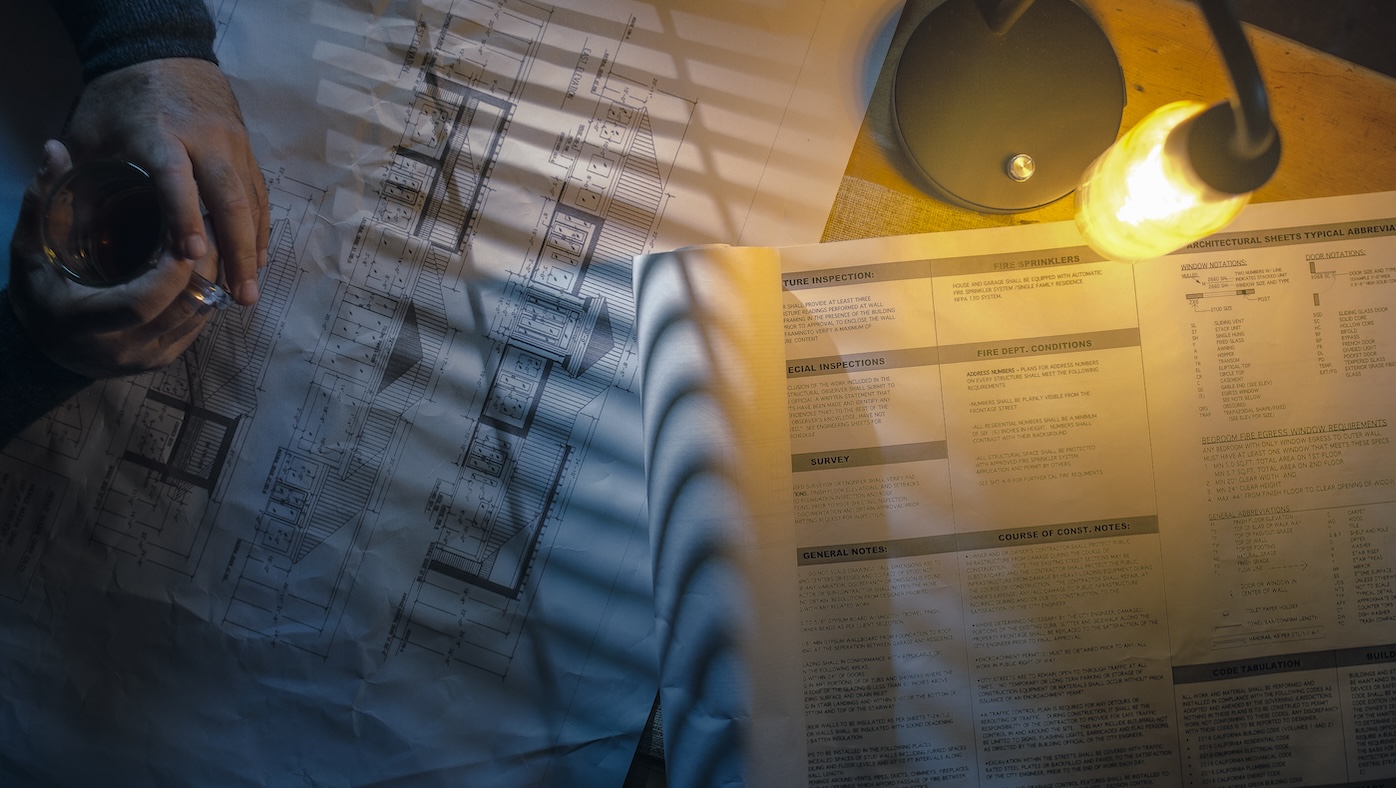THE EMAIL CAME on Thanksgiving Day 2018, of all times. That was when I learned the Michigan Supreme Court had agreed to hear Uri Rafaeli’s case, which had dragged on for years as Rafaeli fought back against the unconstitutional seizure of his home by county officials.
I was thankful, regardless of the holiday: Finally, we had the chance to remedy the injustice of home equity theft where county governments seized homeowners’ property on flimsy pretexts, sold the home at a profit, and then kept everything.
That’s what happened to Rafaeli in 2014 when he mistakenly underpaid the property taxes on his Southfield, Michigan, house by $8.41. Oakland County officials foreclosed on his home, sold it at auction for $24,500, and left Rafaeli with nothing.
Rafaeli fought back, filing a class action lawsuit claiming the county violated his constitutional right to be compensated when government takes someone’s private property. He lost in trial court and on appeal, but PLF stepped in to take his case to the Michigan Supreme Court, and after months of briefings and preparations, on November 7, 2019, the Michigan Supreme Court heard our case.
On the hearing day, I waited with Rafaeli’s family in the oval-shaped lobby outside the courtroom. Most days, hearings are sparsely attended. But that day the lobby started filling up quickly with people who were all anxiously talking and seemed on edge. Local counsel later informed me that most of them were county treasurers and other local government officials from around the state. The case had gotten some national media attention, largely sympathetic to Rafaeli, and these people had evidently been fielding phone calls from outraged citizens.
They were afraid we would win.
When the courtroom was opened, I walked to counsel’s table with PLF’s legal director, Larry Salzman and our local counsel, Andrew Fink. By the time the seven justices filed in, it looked like every seat behind me was full. Chief Justice Bridget Mary McCormack called the case and I walked to the lectern and launched into our argument. After a few minutes of explanation, the justices peppered me with questions. But I was pleased they were asking more about a suitable remedy for Rafaeli and what a holding in his favor should look like. For example, would it be okay for them to rule under the Michigan Constitution rather than the U.S. Constitution?
When the clock reached five minutes, I promptly wriggled out of a question from Justice Stephen Markman seeking the name of a particular case (I confessed, “I can’t remember the name…but I’ll have it for you in rebuttal”) and reserved the remainder of my time. The chief justice then remarked, “I’ve never seen anyone do that that well.” She was talking solely about how I saved nearly five minutes for rebuttal, but remembering that moment still makes me smile.
When the county’s attorney launched into his argument, the justices’ questions suggested they found our arguments persuasive. For example, the county’s attorney tried claiming that letting Rafaeli win would set a precedent that would bankrupt counties and make it impossible for them to collect property taxes from some people. Justice Richard Bernstein pushed back against the predictions of doom. “The interpretation you gave was very dramatic: that this is going to end schools, and the counties are going to crumble, and society is just going to implode,” Bernstein said. “You have a situation where a person owed $8 and lost their house. I mean, how is that equitable?”
When the county’s attorney then tried to claim that if Rafaeli won, it would make it too hard to collect taxes, Bernstein pushed back even harder against the absurd argument, asking the attorney if the state was worried it “wouldn’t get its $8 back.”
Yet perhaps most repellent was when the county’s attorney tried arguing that the county never actually took Rafaeli’s property; instead he claimed that Rafaeli “voluntarily relinquished it” by failing to pay his property taxes in full and on time. The attorney compared a man losing his home over a simple accounting error to a child losing his favorite toy because he didn’t clean up after playtime.
At that point, PLF’s litigation director passed me a note that I used on rebuttal—and a point that sums up much of PLF’s work in courts across the country: “The government is not our parent; its purpose is actually to protect our rights, not to police how clean we keep our room.”
Eight months and a global pandemic later, the vindication that was six years in the making came to fruition. The Michigan Supreme Court ruled in Uri Rafaeli’s favor.
In its decision, the court reaffirmed that if government takes property to collect a debt, the property should be sold, debts paid, and extra proceeds from the sale returned to the former owner.
Many parts of the court’s decision will be used around the country to remind other courts of the important property rights at stake: “Having originated as far back as the Magna Carta, having ingratiated itself into English common law, and having been recognized both early in our state’s jurisprudence and as late as…in 1976, a property owner’s right to collect the surplus proceeds from the tax-foreclosure sale of his or her property has deep roots in Michigan common law.” “These fundamental principles—that the government shall not collect more taxes than are owed, nor shall it take more property than is necessary to serve the public—protect taxpayers and property owners alike from government overreach.”
Home equity theft is still legal in 12 other states and PLF is developing strategies to combat it there like in Michigan, but the Rafaeli decision gives us a great head start.






